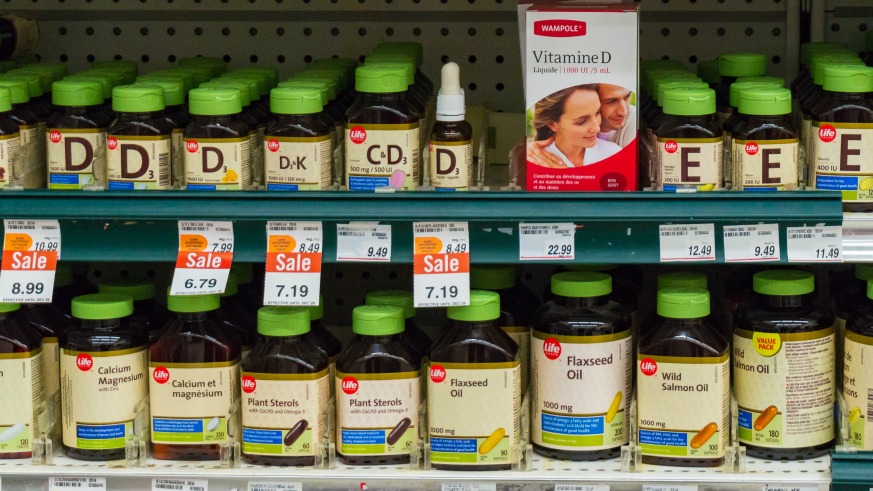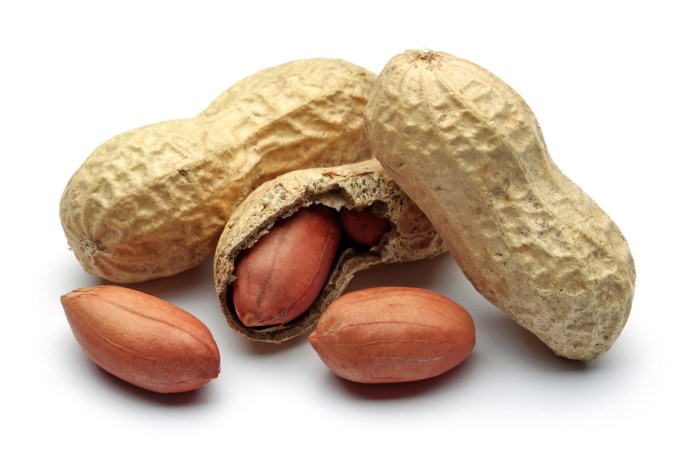The industry producing vitamins and supplements is a $37 billion dollar business powered, in part, by celebrities like Jennifer Aniston who gulp down vitamins by the handful.
‘I’ve got a healthy bag of vitamins I take three times a day, like Viviscal and your basic omegas and vitamin C,” Aniston told People of her regimen.
She’s not alone: Khloe Kardashian once posted a photo of her extensive vitamin regimen, and Goop founder Gwyneth Paltrow recently launched a series of “vitamin protocols” — or packets of vitamins — for $90 a pop.
Do they know something we don’t? No, according to an increasing number of health experts speaking out against supplements.
“The message is simple: Most supplements do not prevent chronic disease or death, their use is not justified, and they should be avoided,” a group of doctors from Johns Hopkins, the University of Warwick, and the American College of Physicians wrote in a 2014 editorial published in the Annals of Internal Medicine.
“This message is especially true for the general population with no clear evidence of micronutrient deficiencies, who represent most supplement users in the United States and in other countries,” they added.
Supplements: The Wild West of the health industry
Supplements are defined by the U.S. Food and Drug Administration as “intended to add further nutritional value to the diet,” and aren’t regulated like other drugs — the FDA doesn’t even check into them unless a number of people experience bad side effects. There are plenty of people who experience these side effects, too: A 2016 study published in the New England Journal of Medicine found 23,005 people visited the emergency room because of supplements.
Some supplements can even interact with medication, rendering it useless.
“It basically overmetabolized the antibiotics so they weren’t in her system in the correct dose,” Pouya Jamshidi, a resident at Weill Cornell Medical College, told Business Insider of a pregnant patient who couldn’t kick her tuberculosis because of the St. John’s Wort supplement she was taking.
“The trouble is most people don’t consider it a medication because you don’t need a prescription for it, and so she didn’t tell us.”
And the supplement inside the bottle might not even be made of what the label claims. In 2015, the New York state attorney general warned four manufacturers of supplements sold in stores like Walmart, Walgreens and Target that they could face legal action for mislabeling supplements like ginkgo biloba, St. John’s Wort and valerian root. Tests into the supplements found no trace of the herbs in the pills, but found that they did contain powdered beans, rice and wild carrots. Other supplements tested found ingredients like peanuts and soybeans, both foods that can be deadly in people allergic to them.
Should we take vitamins and supplements at all?
There’s a reason certain vitamins and minerals are considered “essential” for our bodies: We can’t live without them. However, these vitamins and minerals should come from diet first.
“We use vitamins as insurance policies against whatever else we might (or might not) be eating, as if by atoning for our other nutritional sins, vitamins can save us from ourselves,” Catherine Price, a science reporter, wrote in her book Vitamania.
Study after study shows that vitamin supplements don’t do much to keep people alive longer — and it’s surprisingly easy to “overdose” on vitamins.
Your best bet: Skip the expensive pee, eat more fruits and vegetables and only take a supplement if your doctor recommends it.



















